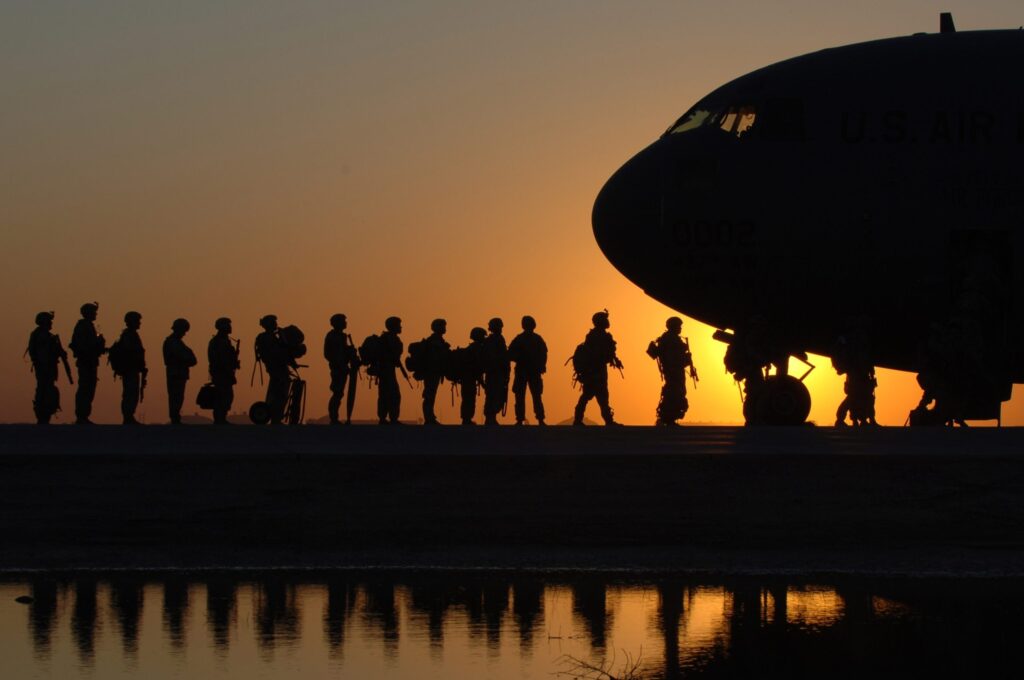The Uniformed Services Employment and Reemployment Rights Act (USERRA) is a federal law aimed at protecting service members and veterans’ employment rights. As a follow up to our earlier introductory post on this topic, The Basics about USERRA, this post more specifically addresses the question, “how much time off is a service member allowed between their civilian job and the start of their military service?”
Imagine a situation where a service member is called for training. The training is scheduled for 7:00 am on Saturday at a training site that is located hundreds of miles away. The service member provides his or her employer with the proper notice under USERRA to secure reemployment rights when they return. The service member is scheduled to work a full-shift the day before training, yet working the full-shift will not leave the employee with time to rest between commitments because he must drive through the night to get to the training site. The employee would like more time between commitments but does not want to lose his or her rights under USERRA. This situation highlights the question of how much time off should the service member be allowed in between his or her last shift with their employer and the start of training, in order to have enough time to prepare for service without jeopardizing reemployment rights when they return?
The answer is, of course – it depends. The statute is clear that an employee does not need to begin military service immediately after finishing a shift with their employer in order to have reemployment rights upon return. At a minimum, an employee must have enough time after a last shift to travel safely to the service site and arrive “fit” to serve. Based on the example above, if the service member had to drive through the night, without any rest, just to arrive on time for training, they would not be considered “fit” for service. In this situation, it may be necessary for the employer to allow the employee to either leave work early or take an absence the day before the service. This extra time will allow the employee to travel safely and rest before the training is scheduled to begin, which will ensure they arrive at the training “fit” for service.
The amount of time off a service member is allotted between the end of their civilian job, and the start of military service depends on factors like the duration of the service, the amount of notice the service member received, and the location of the service. Any of these factors could create the need for longer periods of time between commitments – either for the service member to rest or to arrange their affairs before service begins.
Each service member’s situation should be examined on a case-by-case basis, keeping in mind that, at a minimum, there must be enough time after leaving employment for the service member to travel safely to the site and be “fit” for service. The specific amount of time needed will depend on the individual’s circumstances.
If you have a question about your rights or obligations under USERRA, either as a service member or as an employer, contact Michael Haeberle or Jordan Matyas.
About the Authors
Jordan Matyas – Clients benefit from Jordan’s more than two decades in government including working in the White House, the Legislature, and as a regulator for the State and most recently as the Chief of Staff at the Regional Transportation Authority. Jordan is also a registered State and City lobbyist, working with clients on government relations, legislation, policy, and other aspects of public affairs.
Michael Haeberle – Clients contact Mike when they need a litigator. He assists businesses and individuals in cases pending in court, arbitration and administrative agencies, and has tried cases before judges, juries, arbitrators, and administrative law judges, with a focus on business lawsuits, contract litigation, shareholder disputes (business divorces), and professional negligence cases.



